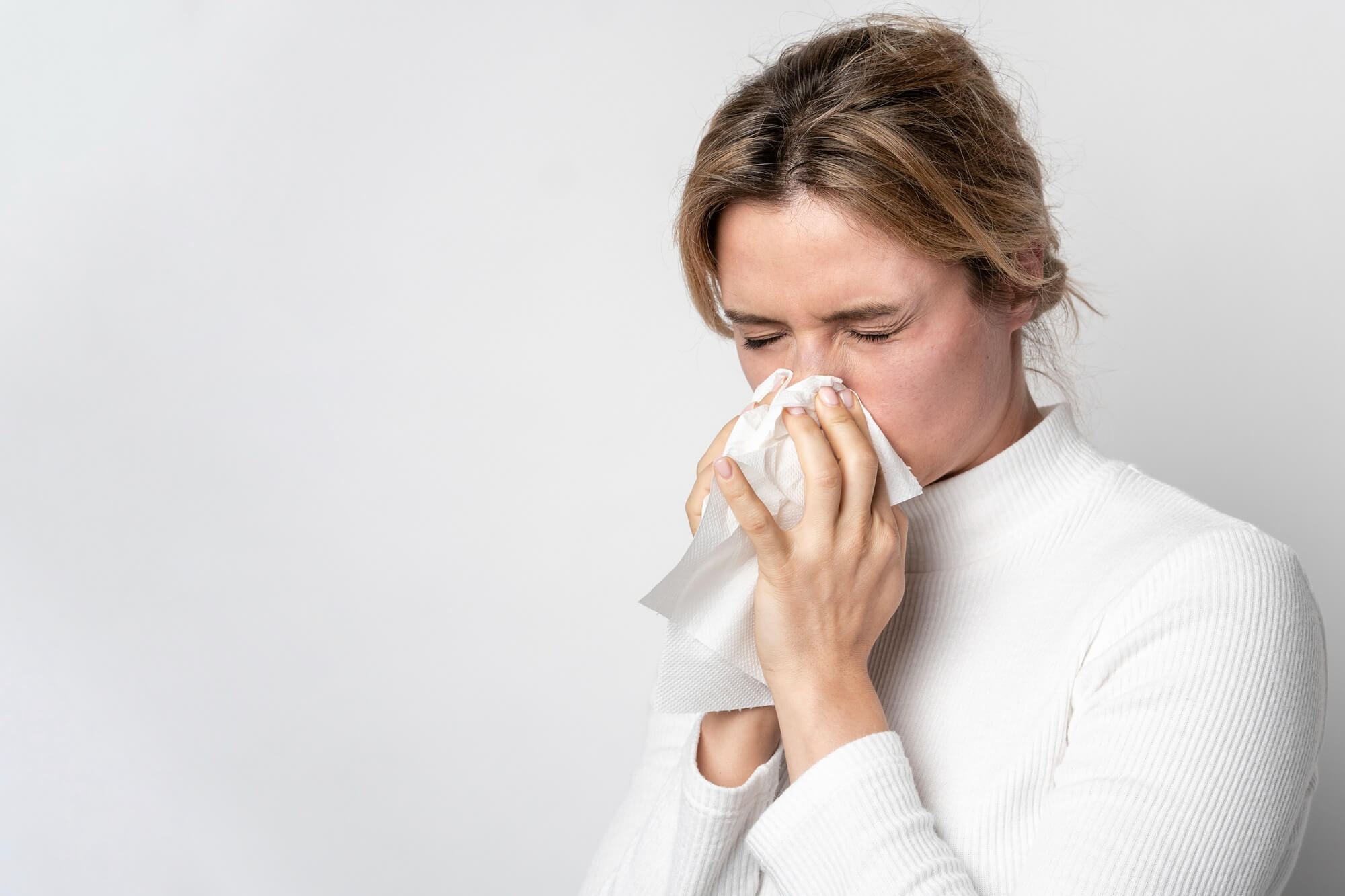Onion allergy: symptoms and treatment tips


Eva Zakharova
Onion allergies, including allergies to onions and green onions, are quite rare, but can cause serious health problems. In this article, an experienced allergist will explain the possible causes of onion allergies, their symptoms, diagnosis and treatments, and suggest preventive measures to strengthen the immune system and control the environment.
Causes of onion allergy
Individual onion intolerance can be caused by a genetic predisposition or a compromised immune system. As a result, the body perceives onion proteins as hostile agents and begins to fight them, leading to the development of allergies.
Cruciferous allergens
Onions contain cruciferous allergens, which are also present in other vegetables such as cabbage, broccoli and cauliflower. As a result, people allergic to cruciferous vegetables may experience an allergic reaction to onions.
Cross-reaction with other foods
Cross-allergies occur when the immune system mistakenly reacts to proteins similar to allergens found in other foods. Thus, if you are allergic to onions, you may also be allergic to garlic, sage, or thyme.
Symptoms of an onion allergy

- Skin manifestations include itching, redness, rash and swelling. In some cases, urticaria or eczema may develop.
- Respiratory symptoms include nasal congestion, runny nose, sneezing, difficulty breathing and coughing. Asthma or allergic rhinitis may develop in some cases.
- Gastrointestinal symptoms: nausea, vomiting, diarrhea, abdominal pain and bloating.
- General symptoms: weakness, headache, general malaise and fatigue. In rare cases anaphylactic shock may develop and require urgent medical attention.
Diagnosis of onion allergy
- To diagnose an onion allergy, the doctor will first gather a medical history by asking questions about symptoms, foods and their relationship, and examine the patient.
- Skin tests can determine if an onion allergy is present by applying a small amount of the allergen to the skin and observing the body's reaction. If redness and swelling occurs, it indicates an allergic reaction.
- Allergen blood testing helps determine the presence of antibodies to certain allergens, including onions. This method is less invasive than skin tests and can be used if skin tests are contraindicated.
Onion allergy treatment

The main method of treating onion allergy is to eliminate the product from the diet. It is also important to avoid products that contain onions in their composition and to check the composition of the products when you buy them.
Antihistamines such as cetirizine, loratadine and fexofenadine help manage onion allergy symptoms by reducing itching, redness and swelling. They are usually taken as needed when allergic reactions occur.
In cases of severe onion allergies, your doctor may prescribe glucocorticosteroids, such as prednisolone or hydrocortisone, to reduce inflammation and allergy symptoms. These medications are usually used briefly and under strict medical supervision.
Onion allergy prevention
- To avoid onion allergies, you can use safe alternatives such as herbs (dill, parsley), fennel or celery. These foods can give similar flavor to dishes without causing an allergic reaction.
- Strengthening the immune system through proper nutrition, exercise, and sleep and wakefulness patterns can help reduce the risk of allergies to onions and other foods.
- Environmental controls include avoiding contact with allergens, ventilating rooms regularly and using air purifiers to remove allergens from the air.
Onion allergies, although rare, can seriously affect a person's quality of life. If you suspect you have an onion allergy, see an allergist for diagnosis and appropriate treatment. Following preventative measures, such as strengthening your immune system and controlling your environment, can help minimize your risk of developing allergies and improve your well-being.
Related Materials
New materials
Popular Articles
We recommend reading
Contact us in the Contact Us section to ask questions, offer ideas, or for more information about our allergy resource.
Our articles are your trusted source of allergy knowledge. Learn how to make life with allergic reactions easier on our specialized portal.
©
Lechenie-Allergii.com. All rights reserved.
© Lechenie-Allergii.com. All rights reserved.
The information on this site is for informational purposes only and is not a substitute for professional medical advice. We recommend consulting with qualified medical professionals for accurate information and advice.
 English
English  Українська
Українська  Русский
Русский 









